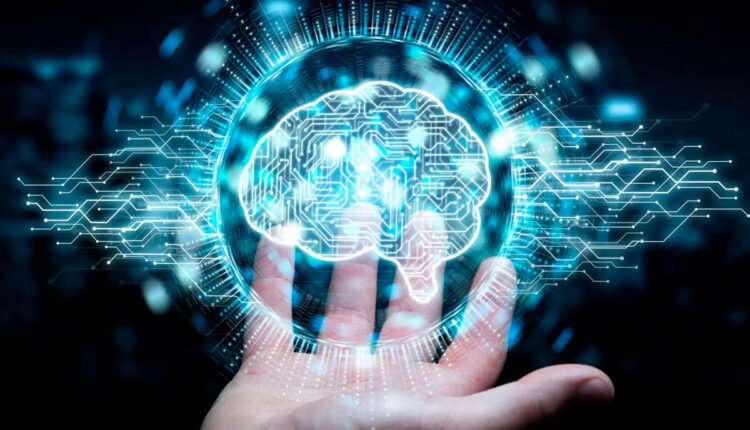AI will not be able to patent its own inventions
A court in the United States determined that artificial intelligence algorithms will not be able to carry out this process because it is unique to human beings
A federal court in the United States ruled that Artificial Intelligence (AI) algorithms cannot patent their inventions in this country even though they have not had the collaboration of people, since only a human being can be recognized as an inventor.
The decision comes after a complaint by AI researcher Stephen Thaler, who sought to obtain two patents for two inventions of an AI of his creation called ‘Dabus’: a design of interlocking food containers and a warning light with flashes hard to ignore.
Last week, Alexandria Virginia District Court Judge Leonie Brinkema ruled against Thales and Dabus, arguing that only one individual can claim to be the creator of a patent.
Under US federal law, only a natural person can receive a patent, and Brinkema cites previous jurisprudence to argue that companies (legal entities) are not allowed to patent inventions in that country either.
This court ruling is consistent with the decision made in April 2020 by the United States Patent and Registration Office (USPTO), which determined that inventions can only be registered in the name of human beings.
Subsequently, the Artificial Inventor Project campaign, led by University of Surrey (UK) Law Professor Ryan Abbott, defended the right to patent inventions by AI, and has already obtained rulings in their favor in Australia and South Africa .
K. Tovar
Source: dpa


